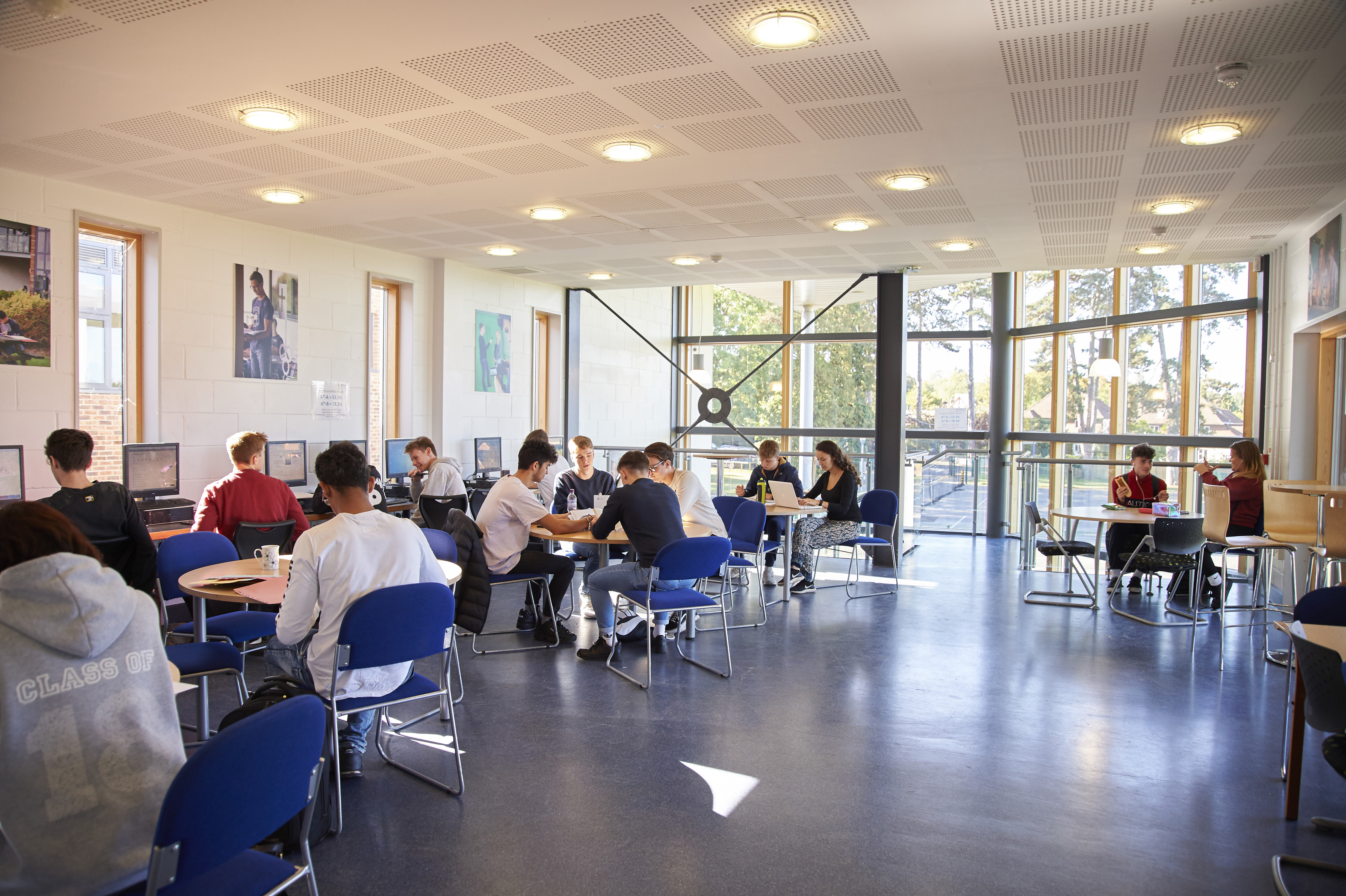Business Studies
 Mrs C Thomas
Mrs C Thomas
Head of Department & BTEC Quality Nominee
THE TEAM
| Mr M Ebenezer | Teacher of Business and Economics |
| Mrs C Nwana | Teacher of Business and Head of Economics |
| Mr L Sumner | Teacher of Business |
| Miss J Rodrigues | Teacher of Business |
INTRODUCTION TO THE DEPARTMENT
In the Business and Vocational Education Department, we aim to tailor to the individual learning needs. With a varied number of courses and styles of learning we aim to match the student’s skills, abilities academic and professional targets to the courses they choose.
WHY STUDY BUSINESS STUDIES?
Business Studies will enable you to develop critical understanding of organisations, behaviour and the process of decision making. You will develop the ability to organise information, ideas and arguments clearly and logically through case studies.
FUTURE ACADEMIC AND CAREER PATHWAYS
Possible career choices with A Level Business Studies include management, marketing, finance, accounting, banking, retailing, manufacturing and government.
COURSE CONTENT
Students will be studying the AQA syllabus.
Year 12
• What is business?
• Managers, leadership and decision making
• Decision making to improve marketing performance
• Decision making to improve operational performance
• Decision making to improve financial performance
• Decision making to improve human resource performance
Year 13
• Analysing the strategic position of a business
• Choosing strategic direction
• Strategic methods: how to pursue strategies
• Managing strategic change
The 10-unit content requires students to develop their ability to acquire a range of important and transferable skills including data, numerical, analytical and evaluative. They will be required to research and make judgements on their findings.
The content covers the four main functional areas of business: human resource management, finance, marketing and operations in the context of the external environment and the factors that influence it.
ASSESSMENT
Paper 1
Section A has 15 multiple choice questions (MCQs) worth 15 marks
Section B has short answer questions worth 35 marks
Section C has two essay questions (choice of one from two) worth 25 marks
Section D has two essay questions (choice of one from two) worth 25 marks
Paper 2
Three data response compulsory questions worth approximately 33 marks each and made up of three or four part questions
Paper 3
One compulsory case study followed by approximately six questions
EXTRACURRICULAR OPPORTUNITIES
• Inter school 'Apprentice Challenge'
COURSE REQUIREMENTS
Minimum of grade 5 in GCSE Mathematics and grade 5 in English Literature or English Language.













